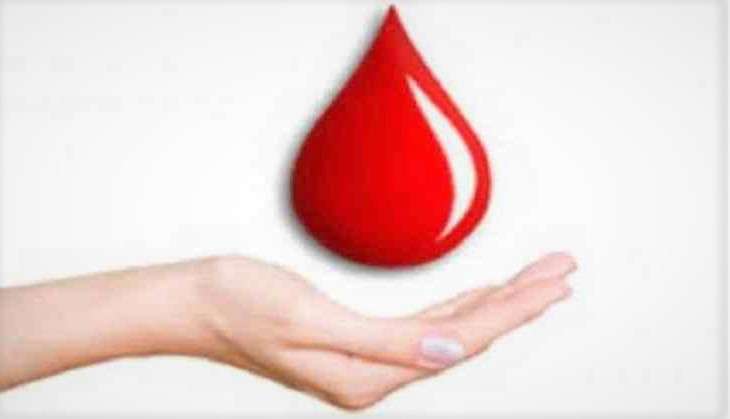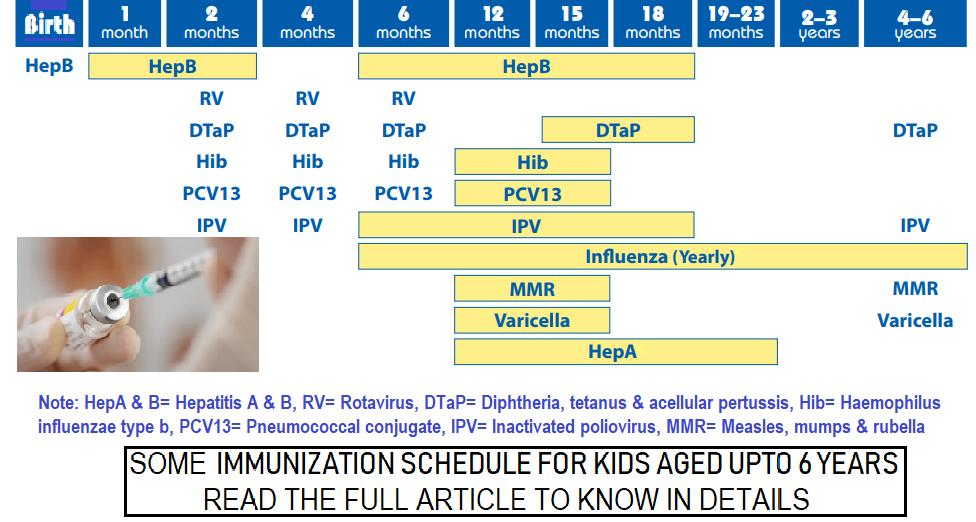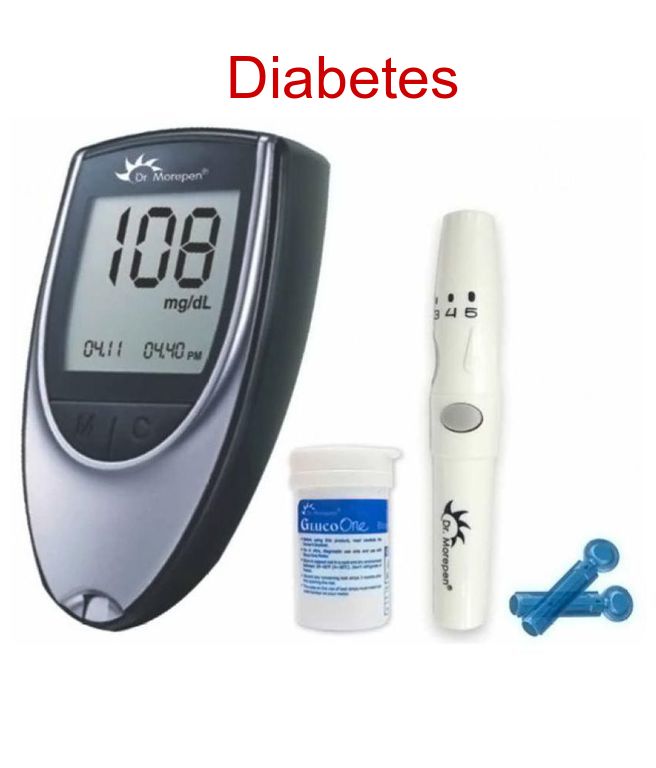Blood Donation
There is no doubt that blood donation can help out to save a life. Giving blood is a simple, safe way to make a big difference in people’s lives. Blood donors in India donate around 350 milliliters of blood. India has several blood donation organizations, both governmental and non-governmental. Organizations are conducting blood donation camps for the blood banks. Some major organizations operate in multiple regions throughout the country while other is regional and operate with local support with their funds.
The World is observing Blood Donation Day on June 14. The day is being observed to raise awareness of the need for safe blood and blood products and to thank blood donors.
Why blood needed?
- Any severe blood loss or an accident, lose blood during major surgeries, Anaemia, Cancer, Sickle cell disease, thalassemia, pregnancy or childbirth etc may need blood.
- Every year our nation requires about 5 crore units of blood, out of which only a meager 2.5 Crore units of blood are available. Every two seconds someone needs blood. Data Collected
- The blood type most often requested by hospitals is Type O
- India 60 Tankers Short Of Blood In 2016-17, As Shortage Increases.
- In 2016-17 Maharashtra collected over 1.4 million units of blood, the most in the country in absolute terms, 20% more than it needed. It was followed by West Bengal (1 million units) and Karnataka (960,049 units), Many states remain short of blood.
- Chandigarh, which reported the highest blood collection as per requirement, has only four blood banks. On the other hand, Uttar Pradesh, with the second highest number of blood banks in the country, was 61% short of its requirements.- Data Collected
Know in details about blood and its components:
- There are four main blood types: A, B, AB and O
- O-negative blood type. O-negative blood type donors are universal donors as their blood can be given to people of all blood types.
- AB blood can receive blood from any group (with AB being preferable), but cannot donate blood to any group other than AB. They are known as universal recipients. Group O individual can receive blood only from a group O individual but can donate blood to individuals of any ABO blood group (i.e., A, B, O or AB)
- 4 percent of people have AB-blood type. AB-type blood donors are universal donors of plasma, which is often used in emergencies, for newborns and for patients requiring massive transfusions.
- Blood makes up about 7 percent of your body’s weight.
- There are four types of transfusable products that can be derived from blood: red cells, platelets, plasma, and cryoprecipitate. Typically, two or three of these are produced by a unit of donated whole blood – hence each donation can help save up to three lives.
- Donors can give either whole blood or specific blood components only. The process of donating specific blood components – red cells, plasma or platelets – is called apheresis.
- One transfusion dose of platelets can be obtained through one apheresis donation of platelets or by combining the platelets derived from five whole blood donations.
- Donated platelets must be used within five days of collection.
There are several parameters that determine the eligibility of an individual to donate blood. Guidelines laid down by the Ministry of Health, Government of India have to be followed by blood banks and organizations conducting blood donation camps.
- Overall health- The donor must be fit and healthy and should not be suffering from transmittable diseases.
- Age and weight- The donor must be 18–65 years old and should weigh a minimum of 50 kg.
- Pulse rate- Between 60 and 100 without irregularities.
- Hemoglobin level- A minimum of 12.5 g/dL.
- Blood pressure- Diastolic: 50–100 mm Hg, Systolic: 100–180 mm Hg.
- Body temperature- Should be normal, with an oral temperature not exceeding 37.5 °C.
- The time period between successive blood donations should be more than 3 months.
Individuals under certain conditions are deemed ineligible to donate blood:
- Individuals suffering from ailments like cardiac arrest, hypertension, blood pressure, cancer, epilepsy, kidney ailments and diabetes.
- A person who has undergone ear/body piercing or tattoo in the past 6 months.
- Individuals who have undergone immunization in the past 1 month.
- Individuals treated for rabies or received Hepatitis B vaccine in the past 6 months.
- A person who has consumed alcohol in the past 24 hours.
- Women who are pregnant or breastfeeding.
- Individuals who have undergone major dental procedures or general surgeries in the past 1 month.
- Women who have had a miscarriage in the past 6 months.
- Individuals who have had fits, tuberculosis, asthma and allergic disorders in the past.
- All donated blood is tested for HIV, hepatitis B and C, syphilis and other infectious diseases before it can be transfused to patients. Any infection means can’t donate blood.




0 Comments